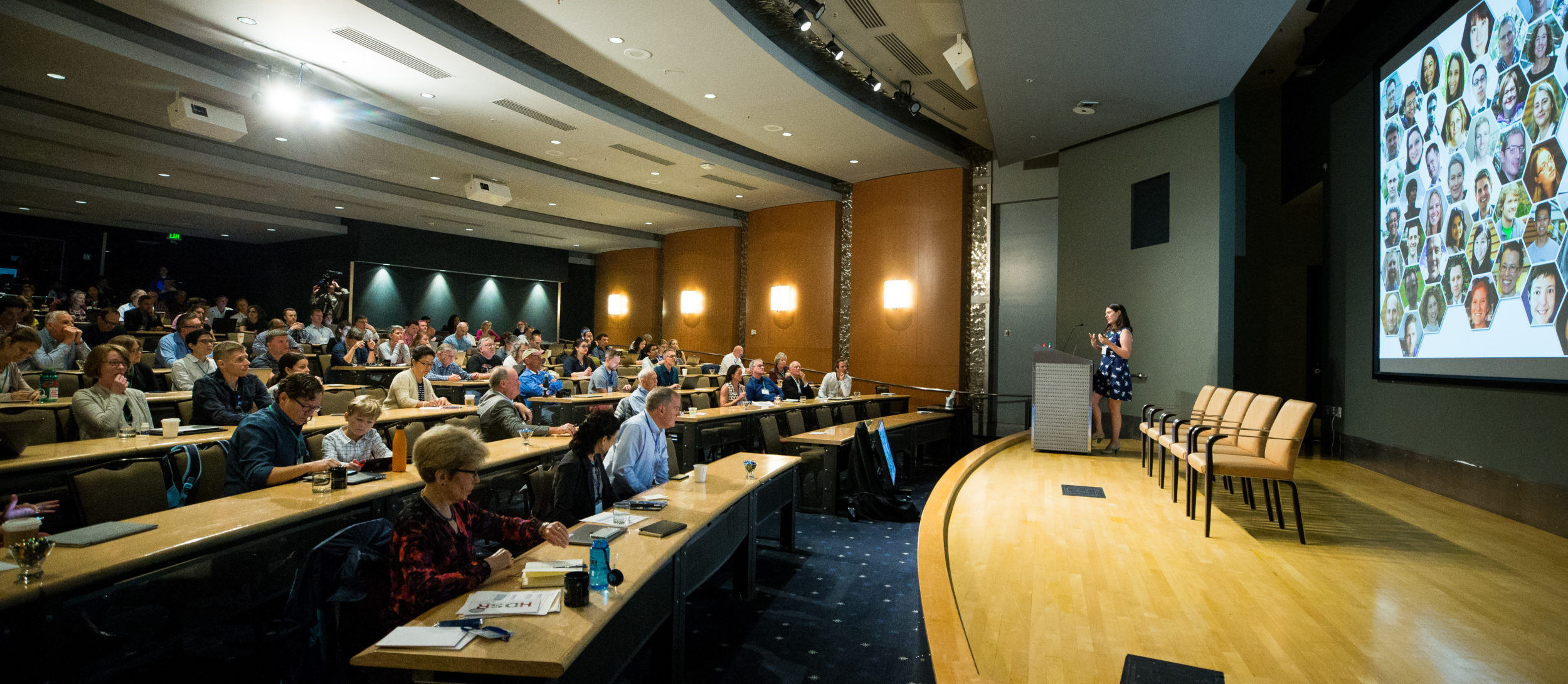2019 Young Investigators Award

Michael Fire
Ben Gurion University
Poster title: Over-optimization of academic publishing metrics: observing Goodhart’s Law in action
Abstract: We analyzed over 120 million papers to examine how the academic publishing world has evolved over the last century. Our study shows that the validity of citation-based measures is being compromised and their usefulness is lessening.
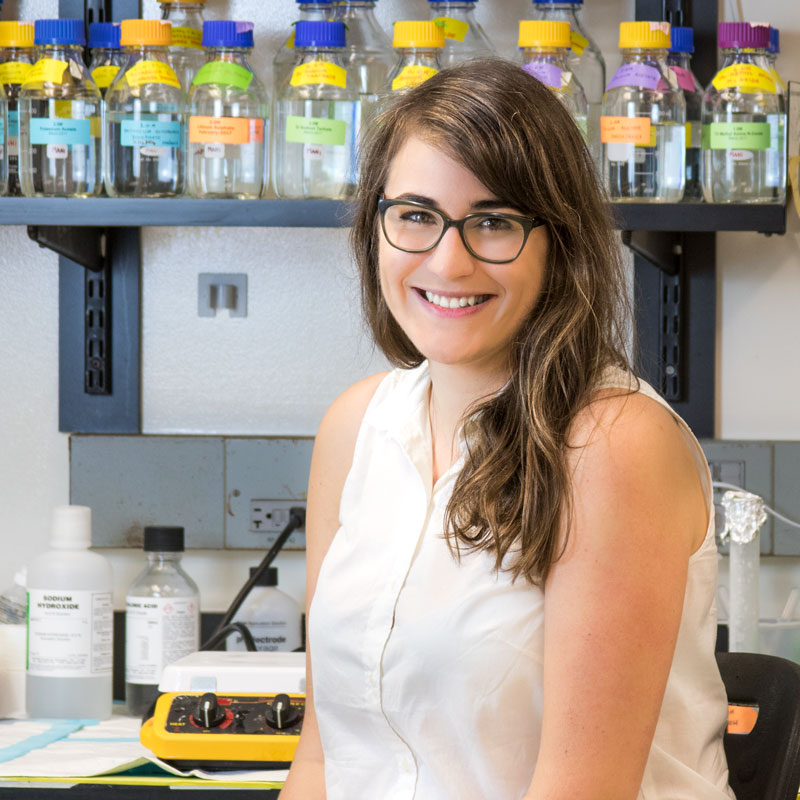
Rachel J. Harding
Structural Genomics Consortium, University of Toronto
Title: From proteins to people: an open toolkit to accelerate Huntington’s disease research
Abstract: Huntington’s disease research has been hampered by a paucity of openly available biochemical tools to facilitate research into this devastating disease and to help develop new therapeutics. Dr. Rachel Harding presents her work generating resources for the Huntington’s disease research community, available without restriction, with the hope of accelerating research of the huntingtin protein, which functions aberrantly in patients with this disease.

John Harlow
Engagement Lab @ Emerson College
Poster title: Convening the Center
Abstract: Convening the Center is an open-science aspiration that would enable individual innovators, researchers, and advocates outside the traditional healthcare innovation system to share knowledge and experiences. Attendees of this meeting would identify areas of future collaboration, strategize how to effectively share their insights, and discuss opportunities to scale this emerging community of practice.
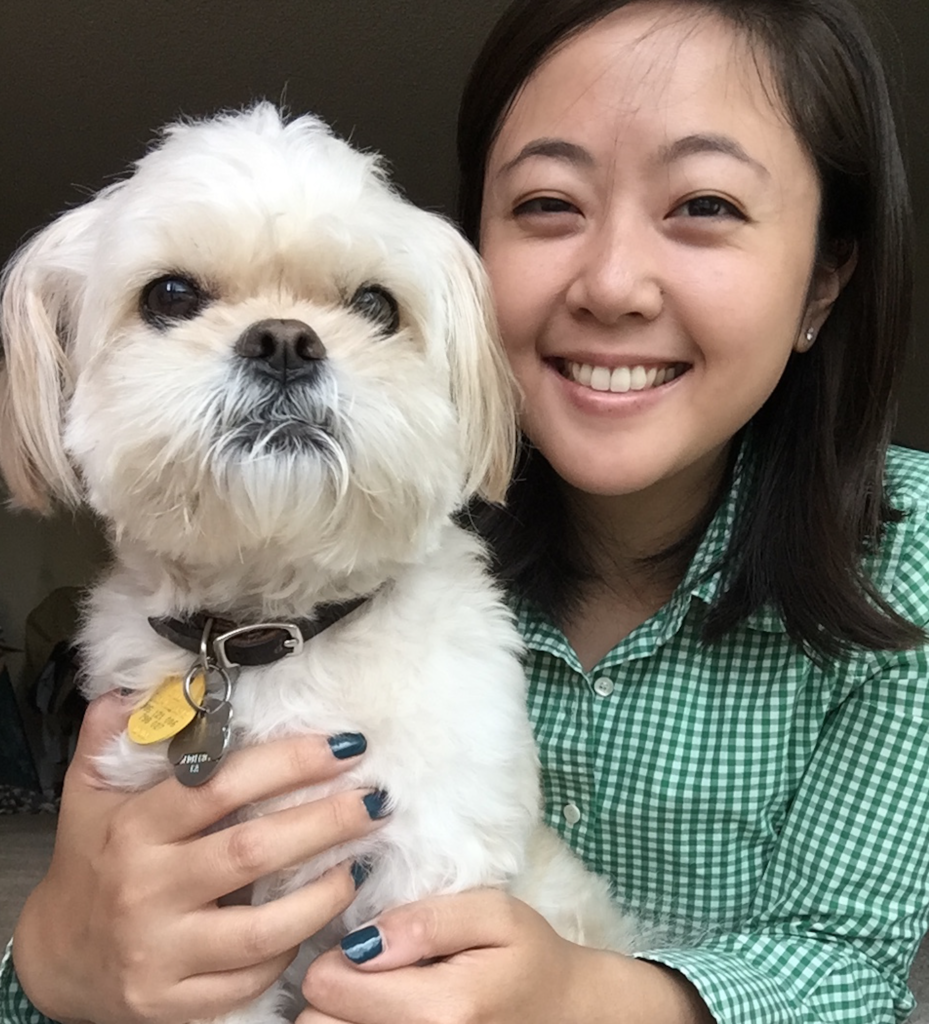
Kelly Jin
M3D Graduate Program, Promislow Lab, University of Washington
Poster title: The Dog Aging Project
Abstract: The Dog Aging Project showcases an exciting emerging model organism in the field of aging: Canis lupus familiaris, or the domestic dog. Dogs share our environment in a way that cannot be replicated in a lab, and the quality and quantity of medical information for dogs is second only to that of humans. The goals of the project include collecting longitudinal molecular, clinical, behavioral, and environmental measurements across 10,000 pet dogs across the country over at least 10 years, representing the largest open-source longitudinal aging biology study in an animal currently in existence. The Dog Aging Project is one example of a united effort between scientists and citizens alike, aligning in their interests of learning about and encouraging healthy aging across our pets and ourselves.

Anisha Keshavan
Child Mind Institute
Poster title: Swipes for Science
Abstract: Annotating massive datasets is a significant bottleneck in data-driven research. Swipes for Science is an open source, extensible and easy-to-use template to turn a scientific data annotation project into a citizen science game, and has been used across a variety of disciplines, including neuroscience, social science, ocean science, and astronomy.
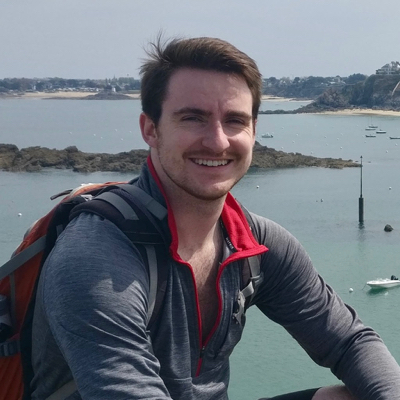
Greg Kiar
Montreal Neurological Institute, McGill University
Poster title: FAIR Scientific Software with Boutiques
Abstract: While researchers are becoming empowered to create and share more scientific software than ever before, there remains a lack of strong standardization across how these tools are developed and can be used. Boutiques provides a descriptive layer on top of tools so that they can be annotated, indexed, searched, and deployed at scale consistently and easily.
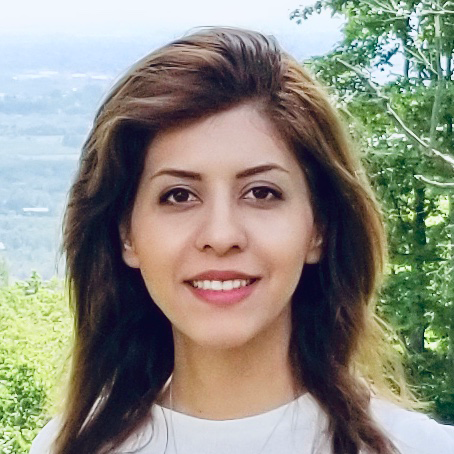
Sara Memar
University of Western Ontario
Poster title: MouseBytes: an open-access and web-based repository for cognitive data integration and sharing
Abstract: Neuroscience is undergoing an open-access revolution. Repositories in areas such as neuroimaging and genomics have provided a paradigm shift in the way we are now able to analyze, share, and re-use vast amounts of data from multiple laboratories. Unfortunately, one area that is far behind in this respect is behavioural evaluation of animal models. Hence, we have developed MouseBytes for integrating cognitive behavioural data, which will then be expanded to link to imaging and genomics data. Not only can users deposit their original data into MouseBytes, but they are also able to extract, export, share and re-analyze data obtained from other laboratories and benefit from data visualization.

Dylan Roskams-Edris
Open Science Consultant; Invited Scholar at the Centre for Genomics and Policy, McGill University
Poster title: The Market for Open Science: Ethical Commercialization and Stakeholder Participation
Abstract: Ethical commercialization of the discoveries enabled by open science requires accounting for the interests of stakeholders that contributed to and may benefit from those discoveries. I have been working with the Canadian Open Neuroscience Platform to design a commercialization policy that encourages the use of openly shared resources to develop marketable products while at the same time giving the researchers, physicians, patients, hospitals, and universities that share those resources the power to advocate for their legitimate interests in cheap accessible treatments and open commercial data.
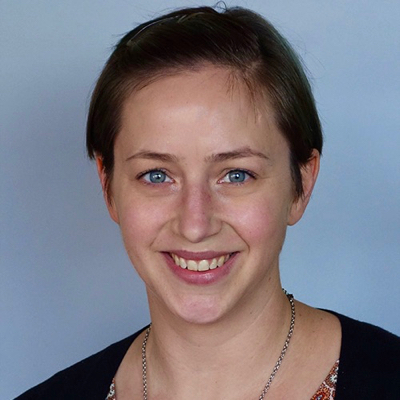
Abigail G. Schindler
VA Puget Sound GRECC; University of Washington Psychiatry and Behavioral Sciences
Poster title: Python UltraVoc: an open source solution to ultrasonic vocalization analysis
Abstract: Chronic health conditions are increasing in the U.S. and contribute substantially to decreased quality of life, loss of productivity, and increased financial burden. Translational efforts using rodent models can provide needed insight into underlying mechanisms and therapeutic approaches. Recently, ultrasonic vocalizations (USVs) have emerged as an unbiased metric of rodent affective state (e.g. pleasure, pain, fear), but are historically expensive and difficult to analyze and interpret. With a focus on these USVs and open-source products, the current project seeks to develop a Python-based, high-throughput approach for 1) isolating USV calls and 2) assessing affective state.

Adrian Thorogood
Global Alliance for Genomics and Health; Centre of Genomics and Policy, McGill University
Poster Title: Look, But Don’t Touch: the State of Licensing in Open Science
Abstract: Genetic and neuroimaging databases are often publicly available, but this does not mean they are fully open. Researchers and databases must adopt explicit, liberal, and interoperable licenses or data use agreements to enable the full range of open science activities.

Sierra Walker
Mayo Clinic Graduate School of Biomedical Sciences
Poster title: Open Science Success in Community Outreach
Abstract: A K-12 hands-on activity describing the fundamental concepts of nanoparticles for therapeutic delivery has been assembled and distributed to local class rooms, presented at community events, and shared via the National Institutes of Health Physical Sciences on Oncology Network, and the Cancer Systems Biology Consortium. The kit includes a PowerPoint presentation on nanomedicine, a standard operating procedure for the coordinator, a handout sheet for the students, and a video of the package being utilized in a classroom setting. Community outreach and science education are important for knowledge sharing to excel on open science platforms.

Larry Zhang
Neurolex Diagnostics, UW DigiPsych Lab
Poster title: Vocal Biomarkers for Alzheimer’s Disease: Association of Acoustic Biomarkers and Neuropsychological Measures in the Framingham Heart Study
Abstract: There is a need for fast, accessible, low-cost, and accurate diagnostic methods for early detection of cognitive decline. Dementia diagnoses are usually made years after symptom onset, missing a window of opportunity for early intervention. Vocal biomarkers, accelerated by open-source extraction software, present opportunities to detect cognitive decline. We evaluate the use of recorded voice features as proxies for cognitive function by using neuropsychological test measures and existing dementia diagnoses.
